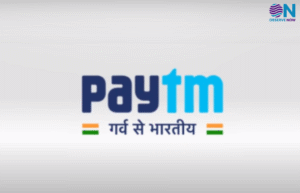Indian IT Firms Reduce H-1B Dependence, Boost Local Hiring in the US

Indian IT services companies are shifting strategies to cut their reliance on the H-1B visa program, a move aimed at overcoming rising costs, compliance challenges, and growing scrutiny of foreign worker visas in the United States. Instead, leading firms are prioritizing local hiring, building delivery centers, and training programs on American soil to meet client demands more efficiently.
Industry giants such as TCS, Infosys, Wipro, and HCLTech have been steadily increasing their U.S.-based workforce over the last few years. This transition is being accelerated in 2025 as stricter visa norms and longer processing times threaten to delay project execution. By employing more local talent, companies are able to mitigate operational risk, reduce dependence on immigration approvals, and strengthen relationships with U.S. clients who prefer onshore presence.
Analysts point out that while the H-1B program has historically been critical for Indian IT players, its rising costs—including legal, relocation, and compliance expenses—have made it less attractive. Building a strong domestic pipeline of skilled professionals allows companies to manage delivery timelines while aligning with the U.S. government’s emphasis on creating local jobs.
To support this strategy, firms are investing in campus hiring programs, partnerships with universities, and specialized reskilling initiatives for American graduates. Many are also leveraging automation and AI-driven delivery models to reduce the need for large teams of on-site engineers.
Experts believe this shift will not only improve margins but also enhance brand perception in key global markets. As geopolitical and regulatory pressures continue to reshape global talent mobility, Indian IT’s increasing localization could become a long-term competitive advantage.
















